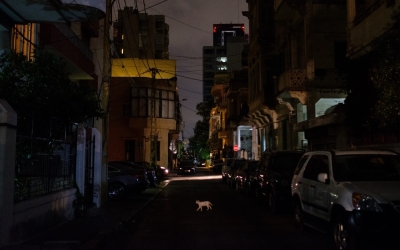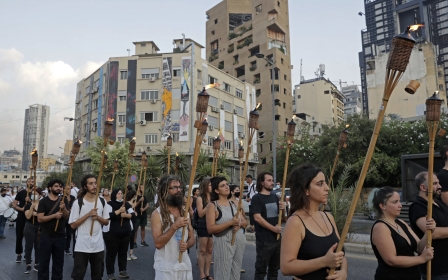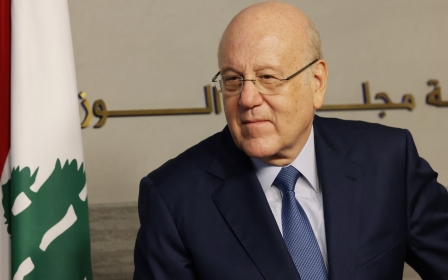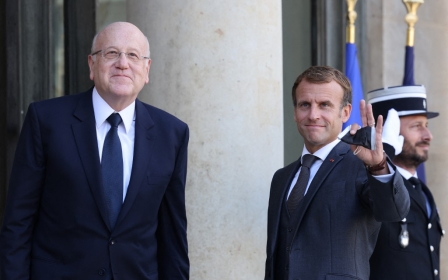Lebanon electricity grid back on line after day of total blackout
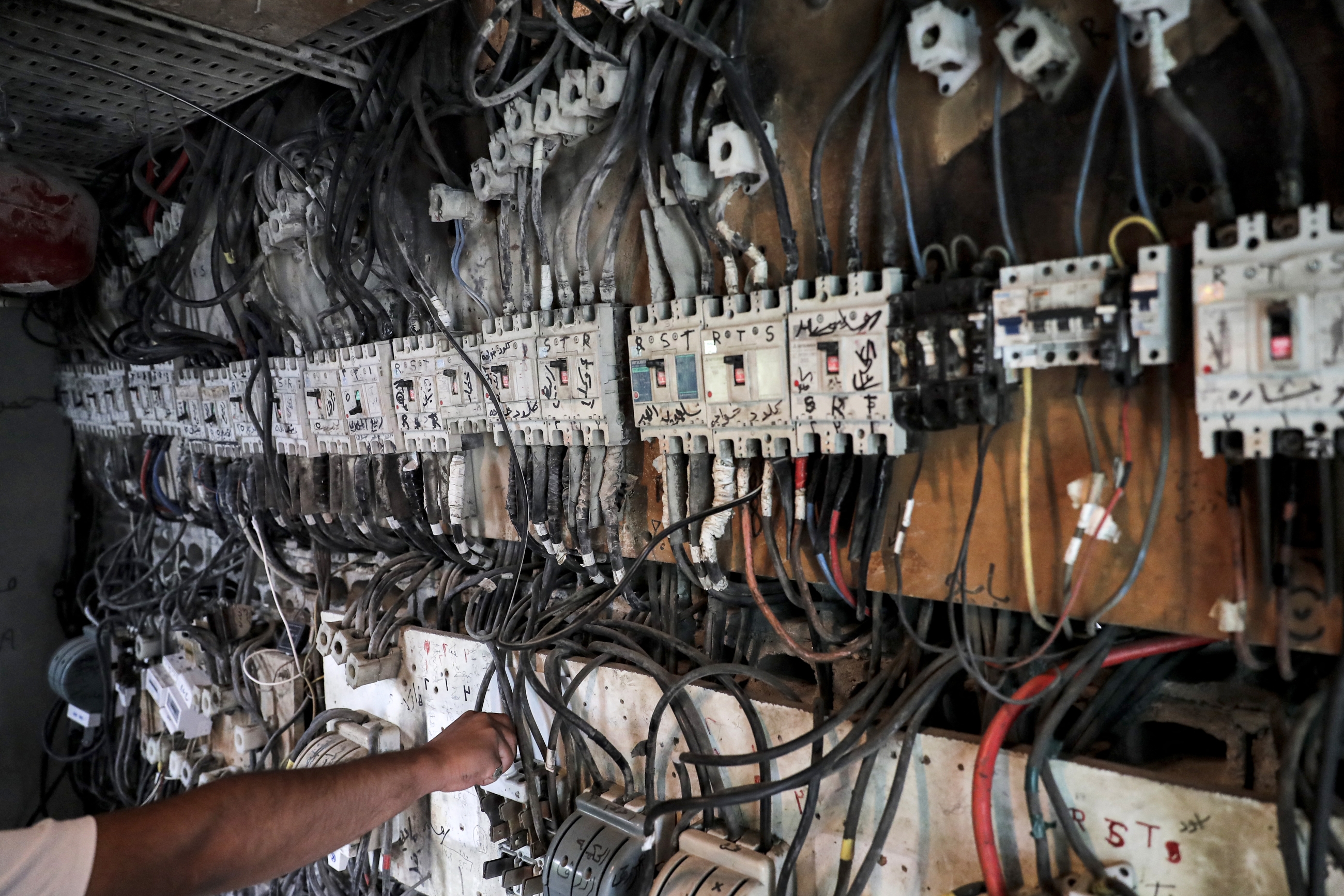
Lebanon's electricity grid is back on line following a prolonged blackout after the army supplied fuel to two key power stations.
On Saturday, the state electricity company Electricite du Liban announced that the Zahrani and Deir Ammar power plants had shut down because of fuel shortages, prompting a total blackout for nearly a day.
Energy Minister Walid Fayad confirmed on Sunday that the grid was back up after the army handed over 6,000 kilolitres, or 6m litres, of gasoil to each of the two power stations.
"The network is back to normal, as it was before the gasoil ran out at Deir Ammar and Zahrani," he said in a statement.
By "normal," Fayad implied production would go back to just a few hours a day.
New MEE newsletter: Jerusalem Dispatch
Sign up to get the latest insights and analysis on Israel-Palestine, alongside Turkey Unpacked and other MEE newsletters
For decades, Lebanon has not experienced 24-hour electricity, facing daily blackouts lasting several hours. Shortages of fuel in recent months have meant most residents are now entirely dependent on costly private generators that run on diesel, which many cannot afford.
The electricity crisis has come amid an already devastating economic crisis blamed largely on decades of corruption and mismanagement by the ruling class, exacerbated by US sanctions on Syria and linked groups in Lebanon.
The Lebanese pound has lost more than 90 percent of its value in less than two years, wiping out many people's savings and pensions and driving up the costs of living such that basic food items have now become a luxury.
Residents in Beirut told MEE that electricity outages have disrupted all aspects of their lives, and that they were now reliving the hardships of the country's 15-year civil war, which ended in 1990.
Middle East Eye delivers independent and unrivalled coverage and analysis of the Middle East, North Africa and beyond. To learn more about republishing this content and the associated fees, please fill out this form. More about MEE can be found here.


